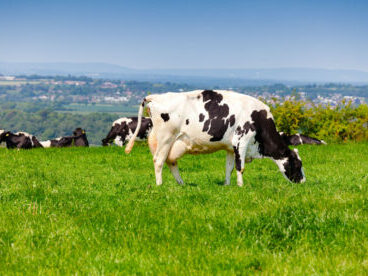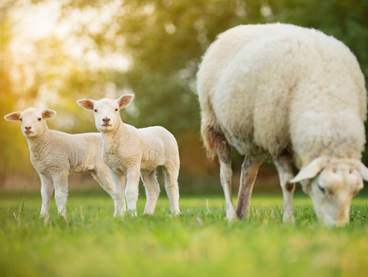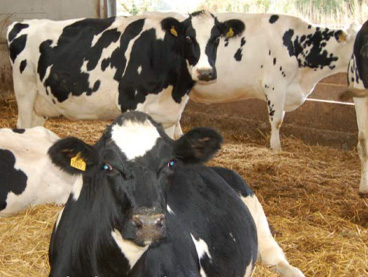With milk prices in decline, it is vital to do all you can to maximise the price received under the milk contract.
Milk protein the key to better prices
With milk prices in decline, it is vital to do all you can to maximise the price received under the milk contract. UFAC UK’s David Bonsall says that for many farmers increasing milk protein will be a valuable strategy.
Over 50% of the milk in the UK is produced on constituent based contracts so maximising milk composition is essential. While prices for butterfat are typically 1.25-3.00 p/% over the contract base level, for protein the range is 2.00-4.50p/%. This makes protein more valuable and increasing protein more profitable. Protein percent responds to changes in the diet, particularly energy and protein content. Look closely at the diet, particularly of early lactation cows. to ensure sufficient energy and quality protein to meet requirements.
Cows in negative energy balance will mobilise muscle as well as fat to meet the energy gap. As muscle contains protein, the diet needs to supply adequate protein and amino acids to restore the muscle. If the diet does not meet the cow’s needs she will redirect nutrients to rebuild the muscle, using protein and amino acids usually used to produce milk protein. This will result in suppressed milk protein and lower milk prices.
There are two feeding strategies that will help maintain and increase milk protein content.
The first is to ensure rumen function is maximised to optimise the supply of microbial protein which is a major driver of milk protein content. This requires a balanced supply of rapidly and slowly fermented energy and protein while maintaining rumen pH. Feeding rumen inert balanced fatty acids such as Dynalac or Omega Cream in place of some of the cereals can help reduce ruman acid load and the risk of SARA, helping maintain rumen pH and so increase overall rumen efficiency, optimising cow health and total milk components.
The second is to ensure the diet contains sufficient bypass protein which is used for both milk protein and muscle regeneration. Even if muscle is not being replaced, a shortage of bypass protein will depress milk protein yield. Including Promega or Promega Plus in the diet will deliver the bypass protein cows require to complement rumen synthesised microbial protein. The methionine in Promega Plus boosts the supply of this essential, but often limiting amino acid.
The opportunity to increase milk components, particularly protein, to help support milk prices needs to be grasped. The starting point is making sure the diet delivers exactly what the cow needs.


 Back to News
Back to News 



